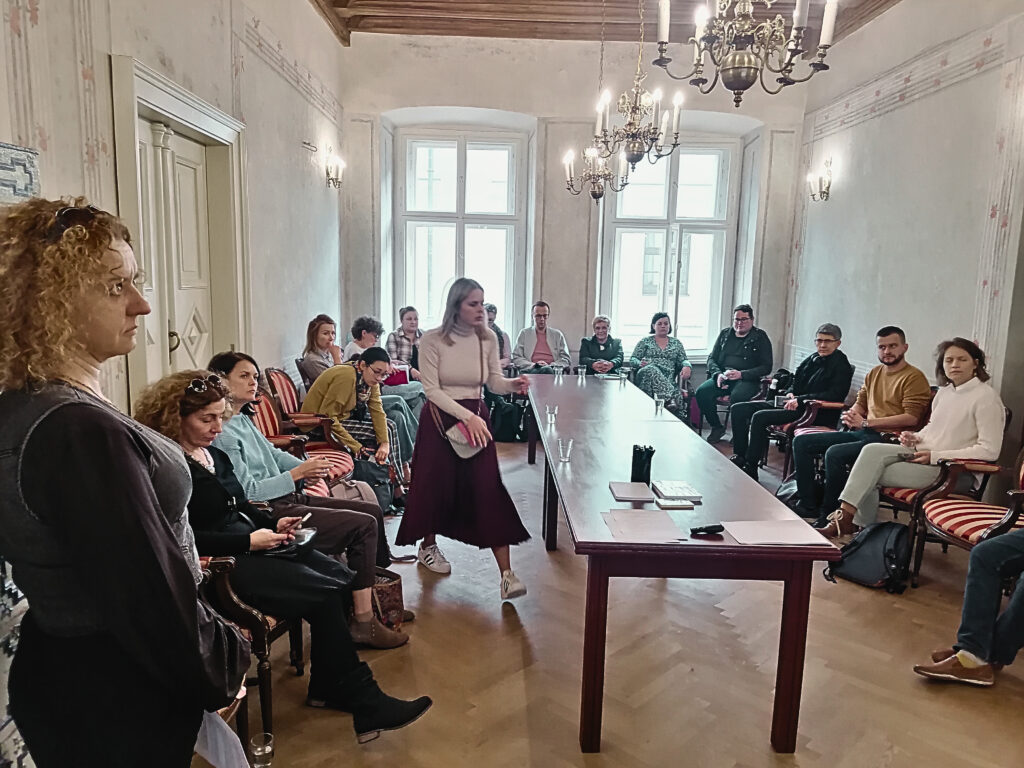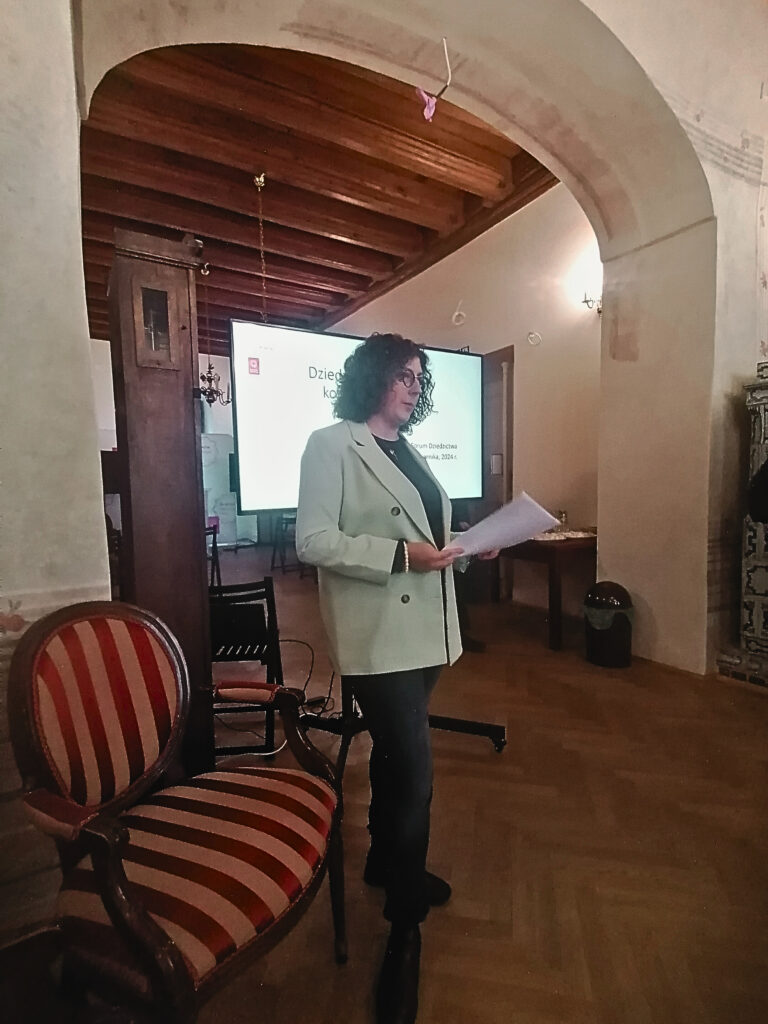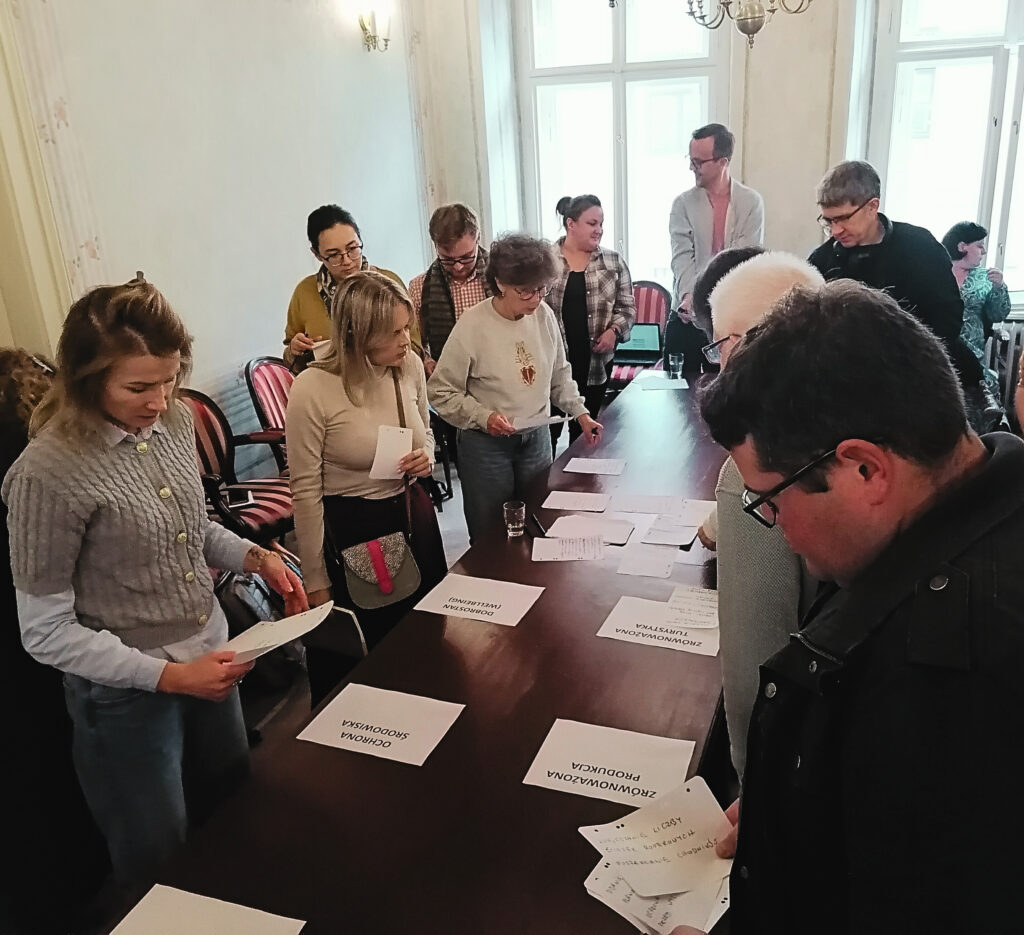We use cookies to help you navigate efficiently and perform certain functions. You will find detailed information about all cookies under each consent category below.
The cookies that are categorized as "Necessary" are stored on your browser as they are essential for enabling the basic functionalities of the site. ...
Necessary cookies are required to enable the basic features of this site, such as providing secure log-in or adjusting your consent preferences. These cookies do not store any personally identifiable data.
Functional cookies help perform certain functionalities like sharing the content of the website on social media platforms, collecting feedback, and other third-party features.
Analytical cookies are used to understand how visitors interact with the website. These cookies help provide information on metrics such as the number of visitors, bounce rate, traffic source, etc.
Performance cookies are used to understand and analyze the key performance indexes of the website which helps in delivering a better user experience for the visitors.
Advertisement cookies are used to provide visitors with customized advertisements based on the pages you visited previously and to analyze the effectiveness of the ad campaigns.
On 23 October 2024, the ninth meeting of the Kraków Heritage Forum took place which focused on Kraków’s heritage in the context of the EU’s green transformation. Dr. Joanna Sanetra-Szeliga presented the concept of green transformation in relation to the European Heritage Hub and the European Cultural Heritage Green Paper.
The meeting was conducted in a workshop format and began with generating associations related to the term “green transformation”, which were later organised into six categories: sustainable production, circular economy, pollution reduction, environmental protection, sustainable tourism, and wellbeing. Participants developed ideas regarding the challenges facing the city, taking into account the perspectives of various groups, including residents, organisations, and entrepreneurs.



Among the identified topics were “green memorials”, which connect environmental protection with heritage conservation, as well as the increased opening of green areas around monuments for social activities. Attendees also proposed various solutions related to the revitalisation and greening of urban spaces, emphasising the need to regulate matters of sustainable production and tourism.
The meeting was led by Dr. Joanna Dziadowiec-Greganić, Dr. Katarzyna Jagodzińska, and Dr. Joanna Sanetra-Szeliga. Over thirty representatives from Kraków’s non-governmental organisations, institutions, and initiatives advocating for the city’s heritage attended the event, alongside representatives from the Kraków City Hall and municipal companies.